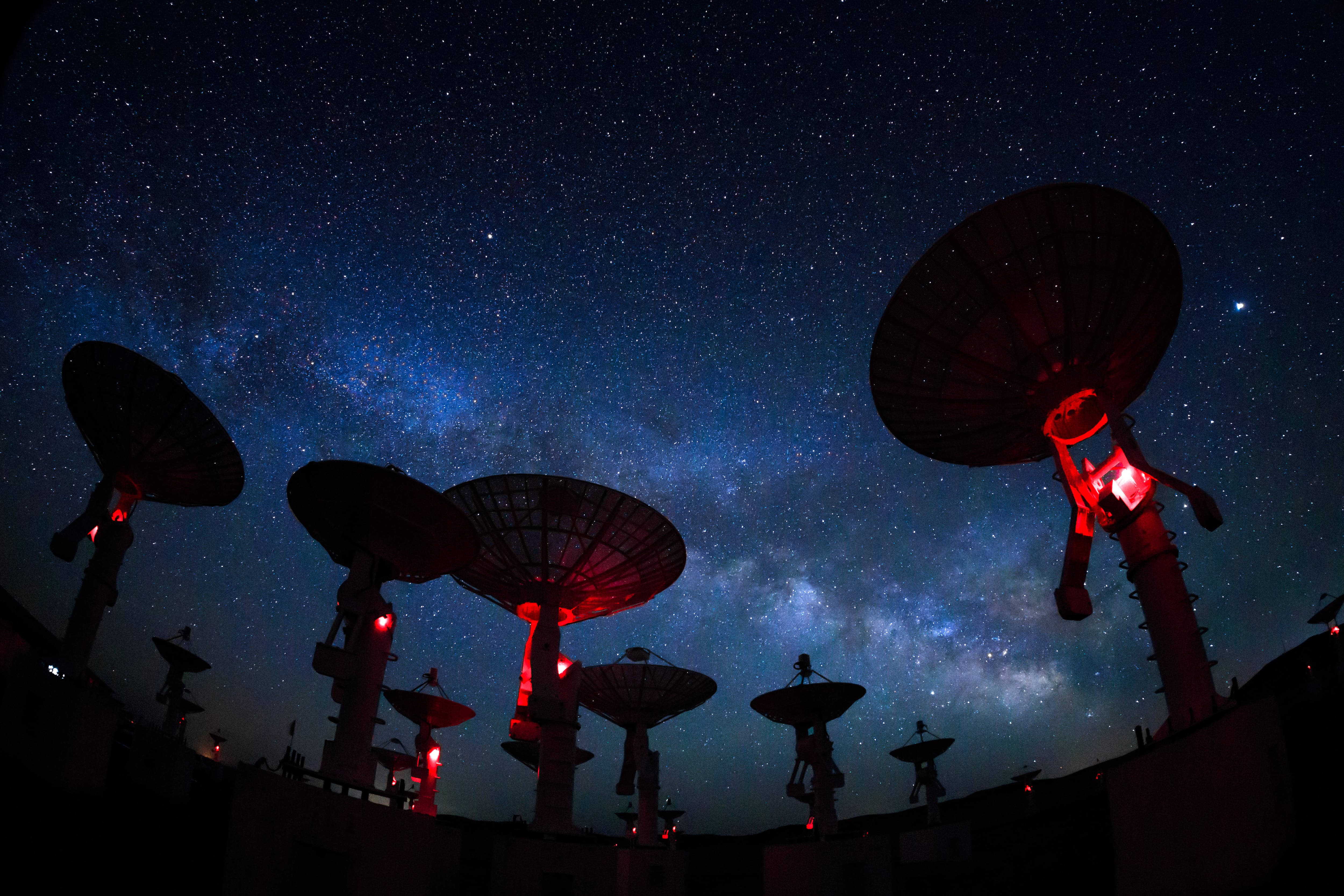WASHINGTON ― The House Armed Services Committee will debate a new military branch for space as part of the annual defense policy bill, but it will be “smaller and more focused” than President Donald Trump’s Space Force proposal, the panel’s chairman said Monday.
Like Trump’s proposal, the idea is to create an organization within the Department of the Air Force. House funding authorizers are expected to debate the matter Wednesday as an amendment during committee markup, HASC Chairman Adam Smith, D-Wash., told reporters Monday.
“The main difference is less bureaucracy,” Smith said, adding that there would be fewer four-star generals, fewer mandatory transfers of personnel to Space Command and fewer costs overall.
Smith suggested the notion of a space service may suffer in the Democratic-controlled House due to its association with Trump, but he emphasized that the idea predates the president.
At the suggestion its passage would hand a win to the Republican president, Smith said he did not care.
"This is not President Trump’s idea. Of the many bad ideas this president has had, don’t think of this as: ‘If you’re for the Space Force, that means you 100 percent support President Trump,’ ” Smith said. “We were talking about this long before the president knew Space Force even existed. He grabbed onto it, but it isn’t about him.”
RELATED

The amendment will owe something to a scuttled bipartisan proposal authored in 2017 by current Strategic Forces Subcommittee Chairman Jim Cooper, D-Tenn., and then-subcommittee chairman Mike Rogers, R-Ala. On Monday, Smith echoed their view that the Air Force had not sufficiently prioritized space.
"I think the Air Force has not done a particularly good job of managing space,” Smith said. “And if I was not in a breakfast setting with a bunch of reporters I would put that much less diplomatically. They’re not doing a good job."
Smith left the proposal out of his section of the policy bill, which was finalized last week because members could not agree in time.
“There’s a very wide range of opinions, from ‘hell no’ to full Space Force," a senior committee staffer said last week, "and that range of opinions covers both sides and stretches across the aisle,”
The Trump administration and Space Force proponents have argued a dedicated service is needed to counter Chinese and Russian threats to America’s space-based assets for satellite communications; intelligence, surveillance and reconnaissance capabilities, as well as GPS.
The committee’s approach is expected to differ from Senate authorizers, whose bill backs the formation of a new service, fully funded at $72.4 million. Still, its proposed structure differs from the White House’s legislative proposal.
Under the administration’s proposal, the Space Force would be organized under the Department of the Air Force. It would have a civilian undersecretary of the Air Force for space, who would report to the Air Force secretary. Its highest-ranking military officer, the Space Force chief of staff, would also report to the Air Force secretary and be a member of the Joint Chiefs of Staff.
The Senate Armed Services Committee’s proposal, however, does not authorize an undersecretary of the Air Force for space.
The House and Senate are expected to reconcile their versions of the bill before it can pass Congress.
Joe Gould was the senior Pentagon reporter for Defense News, covering the intersection of national security policy, politics and the defense industry. He had previously served as Congress reporter.








